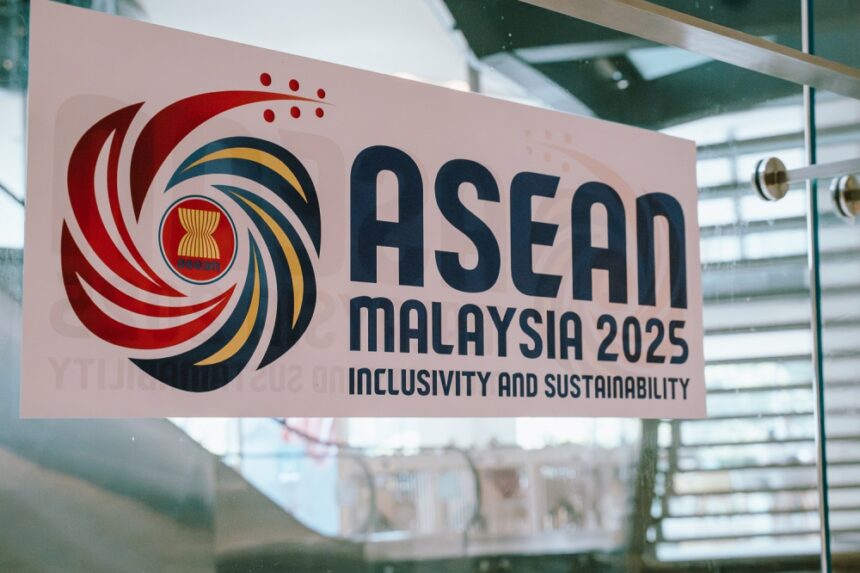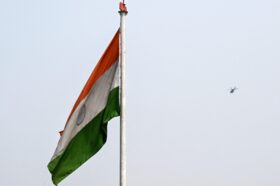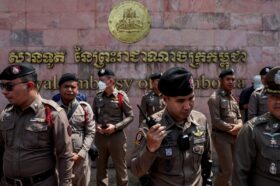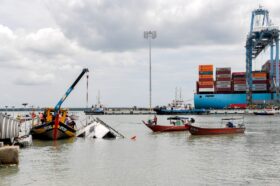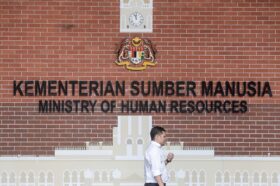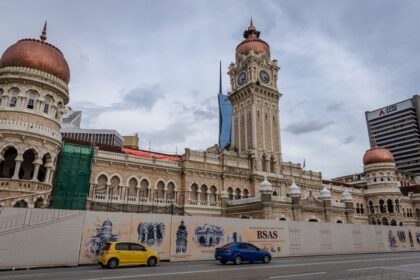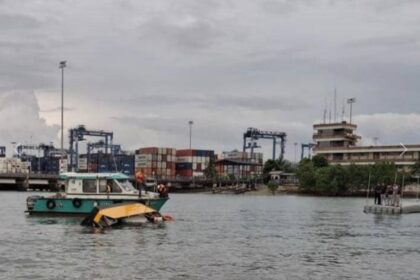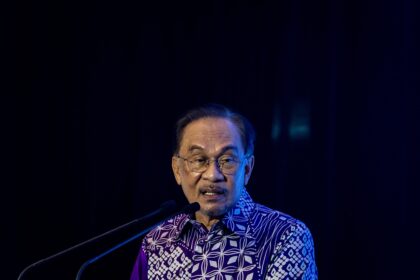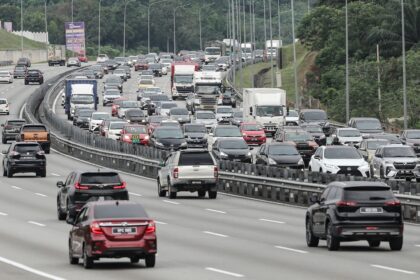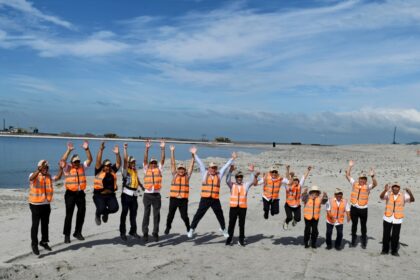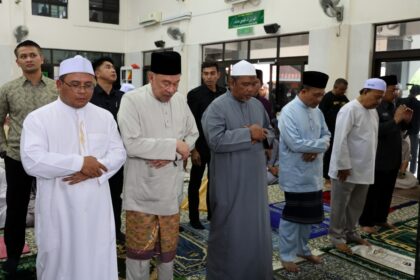KUALA LUMPUR, May 26 — Malaysia is again hosting the pivotal Asean Summit this year, leading as chairman amid global volatility fuelled by populist trade policies and the reemergence of protectionism.
The 46th edition of the summit will be held in the capital city from today to Wednesday, where hundreds of top dignitaries from the nine South-east Asian member states, gulf nations and China are expected to attend in what could be the platform’s most important meeting to date.
What is the Asean Summit about?
The Asean Summit is the highest policy-making body within the Association of South-east Asian Nations.
A biannual meeting, the summit is where leaders of member countries gather to discuss key issues related to the region’s economic, political, security, and socio-cultural development.
By next year, Asean will be half a century since the first summit was held.
The first Asean summit was held in Bali, Indonesia, in 1976, which led to agreements such as the Treaty of Amity and Cooperation in South-east Asia, which laid the foundation for regional economic cooperation and peaceful co-existence.
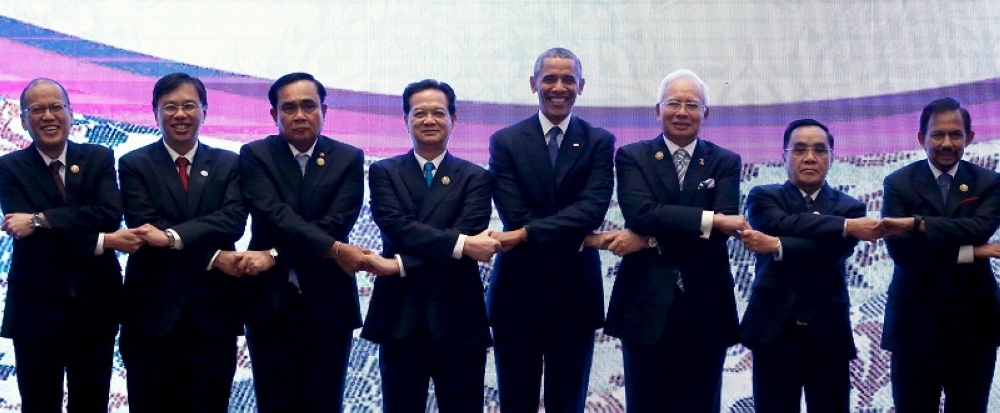
What are the summit’s major milestones?
Malaysia last chaired Asean in 2015, when then US President Barack Obama attended as part of his administration’s efforts to counter China’s growing influence in the region.
Analysts saw the visit as proof of Asean’s significance among the international community.
Among other notable achievements of the summits were the signing of the Asean Free Trade Area and the Asean Regional Forum.
The former was seen as instrumental in unlocking the region’s economic potential by facilitating the free movement of goods and services.
In 2005, the group held its first meeting with major economic powers from the eastern hemisphere — Japan, South Korea, China, India, Australia and New Zealand.
It was dubbed the East Asia Summit, further underlining Asean’s importance in the world.
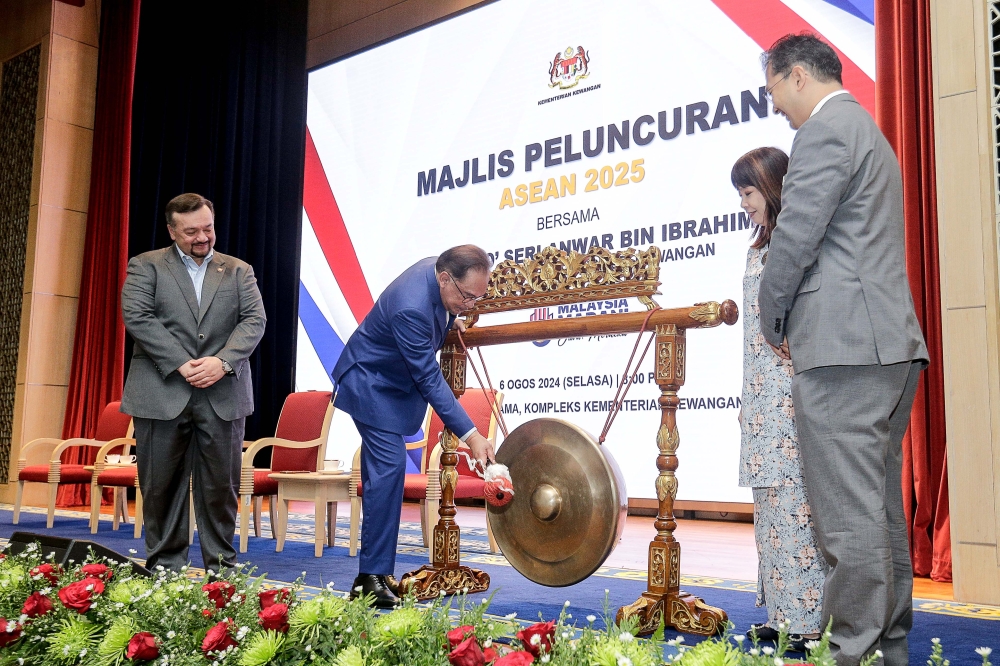
Why is the 2025 Asean Summit important?
Malaysia’s chairmanship of the grouping comes at a critical juncture, as major political shifts in the west are forcing a global reset in power alignments and trade.
Asean members are among countries that have been hit hard by US President Donald Trump’s so-called ‘Liberation Day’ tariffs.
These were part of a wave of protectionist measures introduced during his presidency, including steep import taxes on steel, aluminium and Chinese goods, aimed at reducing trade deficits and reshoring American industry.
Analysts said this year’s summit could pave the way for stronger trade alliances among gulf countries and China that will rely less on the west, especially the US market.
Some member nations are also seeing this year’s meeting as a window to discuss China’s claim to the South China Sea, a thorny issue that had many times threatened relations between the region and Beijing.
Prime Minister Datuk Seri Anwar Ibrahim and his government, on the other hand, said Malaysia’s chairmanship provides an opportunity to showcase the country’s leadership strength on the world stage.
Anwar had indicated at various times that he wants to turn the ten-nation group into an effective platform for deeper dialogues and possibly elevate Asean’s soft power.
Malaysia’s tenth prime minister has said Asean under Putrajaya’s stewardship will prioritise energy and connectivity amid the region’s bid to become a digital economy powerhouse.
Source:  As Malaysia assumes chairmanship this year, what is the Asean Summit and why does it matter?
As Malaysia assumes chairmanship this year, what is the Asean Summit and why does it matter?
